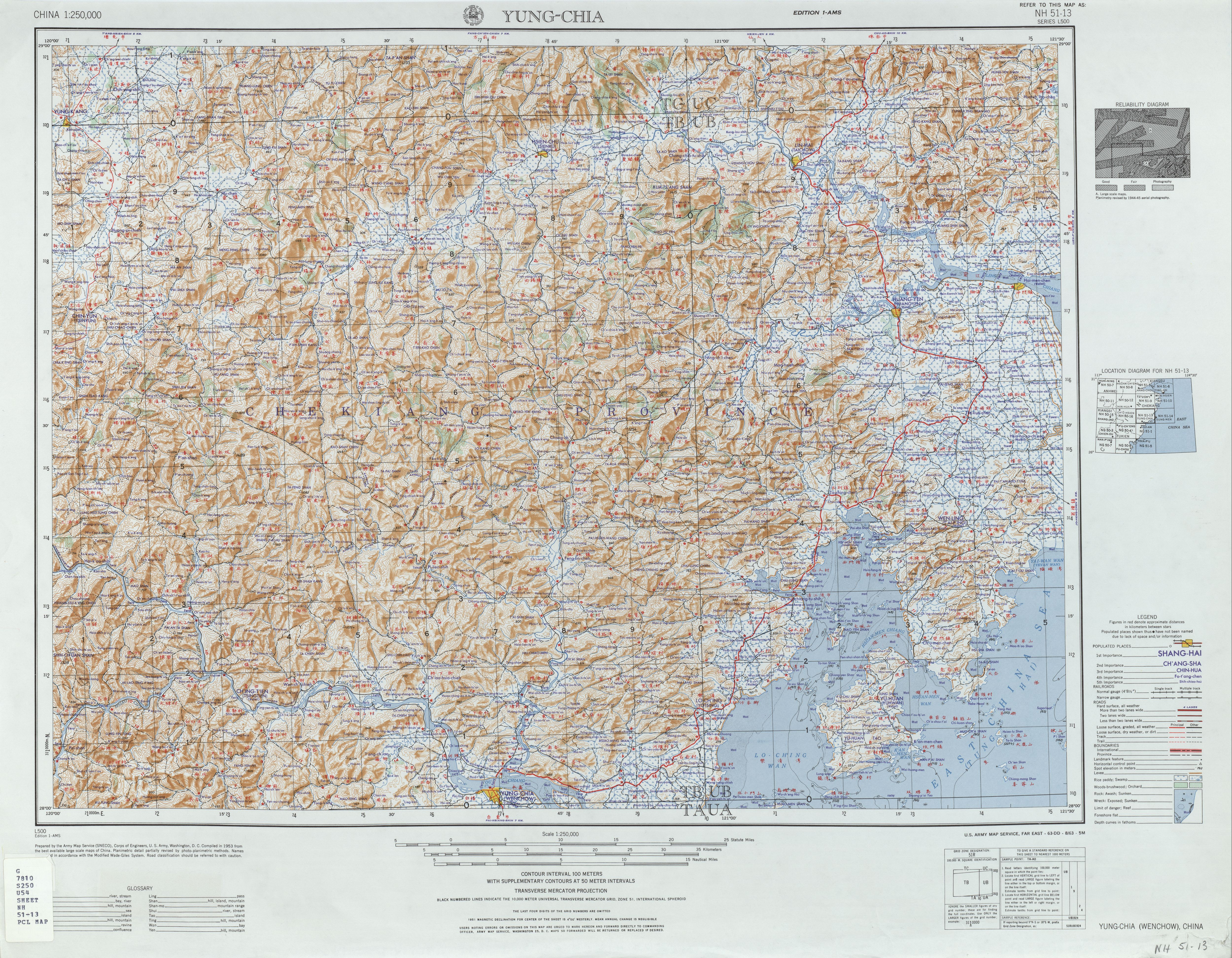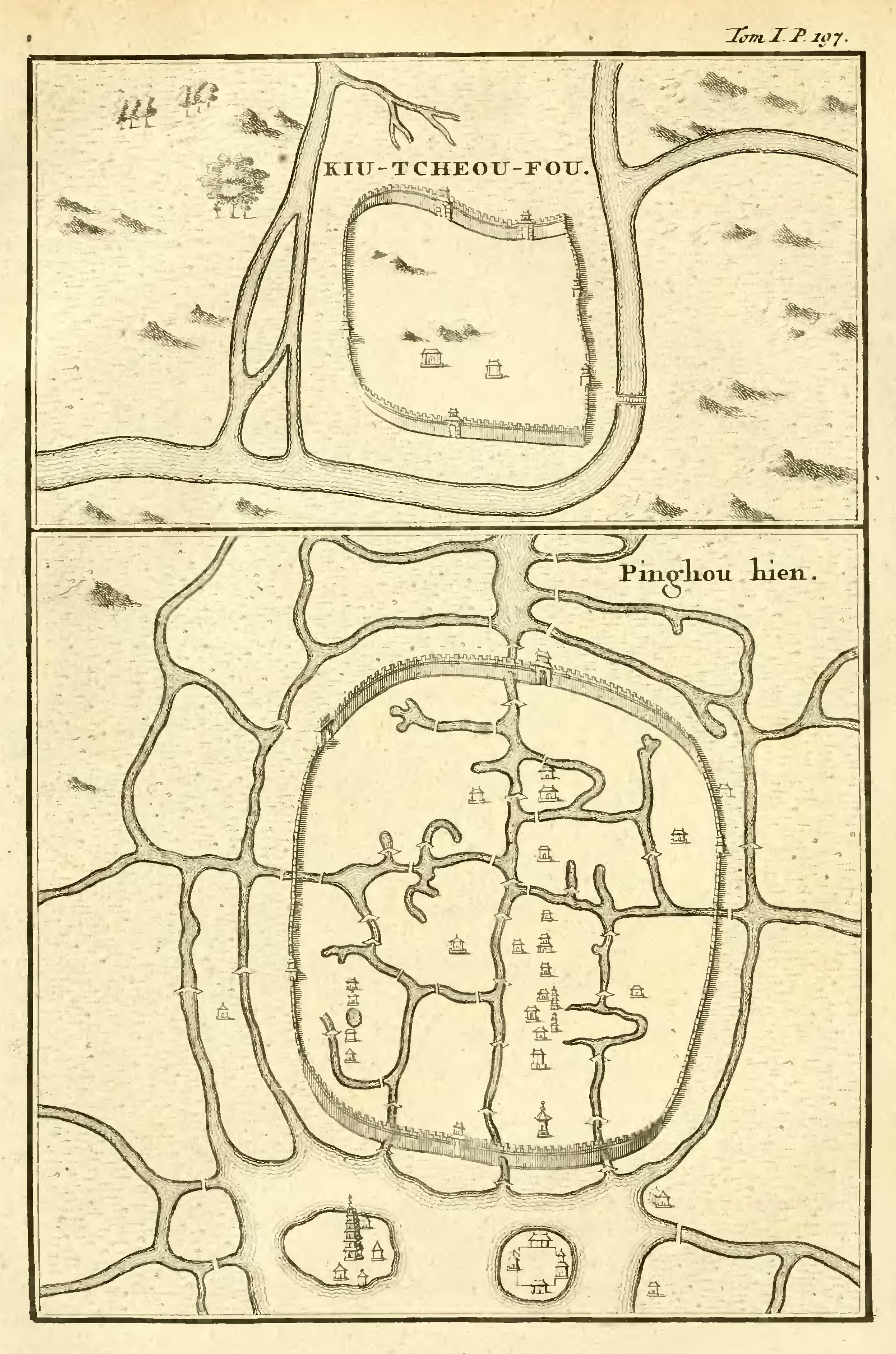|
Yu Qiyi
Yu Qiyi (), who was a Chinese Communist Party member and the chief engineer of Wenzhou Industry Investment Group, died on 9 April, 2013, during a shuanggui interrogation that involved torture. Shuanggui is an internal Communist Party disciplinary procedure where officials are asked—or coerced—to confess to alleged wrongdoings.British Broadcasting CorporationChinese official Yu Qiyi 'drowned by investigators' 14 October 2013 The coroner reported that Yu Qiyi had drowned, but the cause of his drowning was originally unclear: Wenzhou officials said it was an accident, but photos released by the family showed welts all over his body. He was also in custody the entire time, and they thought it would have been unlikely that he had accidentally drowned. Yu's wife, Wu Qian, alleged that there were many internal and external injuries on his body, and that he must have been tortured, perhaps leading to his death. "Yu Qiyi was a strong man before the shuanggui process, but he was thin by t ... [...More Info...] [...Related Items...] OR: [Wikipedia] [Google] [Baidu] |
Chinese Communist Party
The Chinese Communist Party (CCP), officially the Communist Party of China (CPC), is the founding and One-party state, sole ruling party of the China, People's Republic of China (PRC). Under the leadership of Mao Zedong, the CCP emerged victorious in the Chinese Civil War against the Kuomintang, and, in 1949, Mao Proclamation of the People's Republic of China, proclaimed the establishment of the People's Republic of China. Since then, the CCP has governed China with List of political parties in China, eight smaller parties within its United Front (China), United Front and has sole control over the People's Liberation Army (PLA). Each successive leader of the CCP has added their own theories to the Constitution of the Chinese Communist Party, party's constitution, which outlines the ideological beliefs of the party, collectively referred to as socialism with Chinese characteristics. As of 2022, the CCP has more than 96 million members, making it the List of largest political parties ... [...More Info...] [...Related Items...] OR: [Wikipedia] [Google] [Baidu] |
Wenzhou
Wenzhou (pronounced ; Wenzhounese: Yuziou �y33–11 tɕiɤu33–32 ), historically known as Wenchow is a prefecture-level city in southeastern Zhejiang province in the People's Republic of China. Wenzhou is located at the extreme south east of Zhejiang Province with its borders connecting to Lishui on the west, Taizhou on the north, and Fujian to the south. It is surrounded by mountains, the East China Sea, and 436 islands, while its lowlands are almost entirely along its East China Sea coast, which is nearly in length. Most of Wenzhou's area is mountainous as almost 76 percent of its surface area is classified as mountains and hills. It is said that Wenzhou has 7/10 mountains, 1/10 water, and 2/10 farmland. At the time of the 2010 Chinese census, 3,039,500 people lived in Wenzhou's urban area; the area under its jurisdiction (which includes three satellite cities and six counties) held a population of 9,122,100 of which 31.16% are non-local residents from outside of Wenz ... [...More Info...] [...Related Items...] OR: [Wikipedia] [Google] [Baidu] |
Shuanggui
''Shuanggui'' is an internal disciplinary process conducted by the Central Commission for Discipline Inspection of the Chinese Communist Party (CCP) – and its lower-level affiliates – on members of the Party who are suspected of "violations of discipline," a charge which usually refers to corruption but can occasionally carry other connotations as well. The ''Shuanggui'' process is conducted in secret, in a system which is separate from ordinary Chinese law enforcement. Generally, subjects are isolated from any form of legal counsel or even family visits during the process. Some journalists maintain that the practice has been involved in extraordinary renditions.] It is an extrajudicial process outside of the control of the Chinese State. By the point the party member is informed of their ''Shuanggui'', the party disciplinary agencies have often already found enough evidence behind the scenes to establish guilt. As such, being taken to ''Shuanggui'' is usually taken a ... [...More Info...] [...Related Items...] OR: [Wikipedia] [Google] [Baidu] |
Zhejiang
Zhejiang ( or , ; , also romanized as Chekiang) is an eastern, coastal province of the People's Republic of China. Its capital and largest city is Hangzhou, and other notable cities include Ningbo and Wenzhou. Zhejiang is bordered by Jiangsu and Shanghai to the north, Anhui to the northwest, Jiangxi to the west and Fujian to the south. To the east is the East China Sea, beyond which lies the Ryukyu Islands. The population of Zhejiang stands at 64.6 million, the 8th highest among China. It has been called 'the backbone of China' due to being a major driving force in the Chinese economy and being the birthplace of several notable persons, including the Chinese Nationalist leader Chiang Kai-shek and entrepreneur Jack Ma. Zhejiang consists of 90 counties (incl. county-level cities and districts). The area of Zhejiang was controlled by the Kingdom of Yue during the Spring and Autumn period. The Qin Empire later annexed it in 222 BC. Under the late Ming dynasty and the Qing ... [...More Info...] [...Related Items...] OR: [Wikipedia] [Google] [Baidu] |
Quzhou
Quzhou is a prefecture-level city in western Zhejiang province, People's Republic of China. Sitting on the upper course of the Qiantang River, it borders Hangzhou to the north, Jinhua to the east, Lishui to the southeast, and the provinces of Fujian, Jiangxi and Anhui to the south, southwest and northwest respectively. Its population was 2,276,184 inhabitants as of the 2020 Chinese census, 2020 census whom 902,767 lived in the built-up (or metro) area made of Qujiang and Kecheng urban Districts. Chinese actress and singer Zhou Xun was born in Quzhou. History Descendants of Confucius During the Southern Song dynasty the descendant of Confucius at Qufu, the Duke Yansheng Kong Duanyou fled south with the Song Emperor to Quzhou, while the newly established Jin dynasty (1115–1234) in the north appointed Kong Duanyou's brother Kong Duancao who remained in Qufu as Duke Yansheng. From that time up until the Yuan dynasty, there were two Duke Yanshengs, once in the north in Qufu ... [...More Info...] [...Related Items...] OR: [Wikipedia] [Google] [Baidu] |
Prosecution
A prosecutor is a legal representative of the prosecution in states with either the common law adversarial system or the civil law inquisitorial system. The prosecution is the legal party responsible for presenting the case in a criminal trial against an individual accused of breaking the law. Typically, the prosecutor represents the state or the government in the case brought against the accused person. Prosecutor as a legal professional Prosecutors are typically lawyers who possess a law degree, and are recognised as suitable legal professionals by the court in which they are acting. This may mean they have been admitted to the bar, or obtained a comparable qualification where available - such as solicitor advocates in England and Wales. They become involved in a criminal case once a suspect has been identified and charges need to be filed. They are employed by an office of the government, with safeguards in place to ensure such an office can successfully pursue the prosec ... [...More Info...] [...Related Items...] OR: [Wikipedia] [Google] [Baidu] |
Chinese Law
Chinese law is one of the oldest legal traditions in the world. The core of modern Chinese law is based on Germanic-style civil law, socialist law, and traditional Chinese approaches. For most of the history of China, its legal system has been based on the Confucian philosophy of social control through moral education, as well as the Legalist emphasis on codified law and criminal sanction. Following the Xinhai Revolution, the Republic of China adopted a largely Western-style legal code in the civil law tradition (specifically German- and Swiss-based). The establishment of the People's Republic of China in 1949 brought with it a more Soviet-influenced system of socialist law. However, earlier traditions from Chinese history have retained their influence. Chinese legal tradition The word for law in classical Chinese was ''fǎ'' (法). The Chinese character for ''fǎ'' denotes a meaning of "fair", "straight" and "just", derived from its water radical (氵). It als ... [...More Info...] [...Related Items...] OR: [Wikipedia] [Google] [Baidu] |
2013 Deaths
This is a list of deaths of notable people, organised by year. New deaths articles are added to their respective month (e.g., Deaths in ) and then linked here. 2022 2021 2020 2019 2018 2017 2016 2015 2014 2013 2012 2011 2010 2009 2008 2007 2006 2005 2004 2003 2002 2001 2000 1999 1998 1997 1996 1995 1994 1993 1992 1991 1990 1989 1988 1987 See also * Lists of deaths by day The following pages, corresponding to the Gregorian calendar, list the historical events, births, deaths, and holidays and observances of the specified day of the year: Footnotes See also * Leap year * List of calendars * List of non-standard ... * Deaths by year {{DEFAULTSORT:deaths by year ... [...More Info...] [...Related Items...] OR: [Wikipedia] [Google] [Baidu] |


%2C_King_of_Wuyue.jpg)

